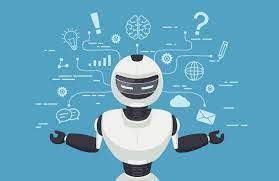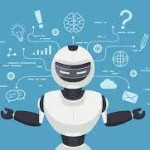AI is transforming education, introducing a new paradigm for teaching and learning. This change gives educators, policymakers, and stakeholders a one-of-a-kind opportunity to define the future of education by making smart AI integration decisions. Understanding AI's potential and impact on education allows us to ensure that students have the skills and knowledge they need to succeed in the digital age.
The rapid evolution of AI technologies has led to a broad spectrum of educational applications, such as personalized learning experiences and adaptive learning systems. AI-powered platforms can evaluate students' learning patterns, preferences, and performance data to tailor educational content and activities to their specific needs. This customization not only enhances learning outcomes but also boosts student engagement and motivation. AI-powered tutoring systems can assist students in grasping challenging topics, thus improving academic performance through personalized training and support. Furthermore, AI-powered adaptive learning systems can adjust the pace and content of instruction based on student achievements, providing a stimulating yet manageable learning experience. AI's ability to analyze educational data can also identify trends and patterns, thereby enhancing teaching methods and student outcomes. Additionally, AI-powered chatbots and virtual assistants can aid students in managing academic and administrative challenges outside the classroom, offering valuable student support services.
Furthermore, AI improves accessibility in education, particularly for students with disabilities. Tools such as text-to-speech and speech-to-text technology make instructional resources more accessible, ensuring that all students have equal learning opportunities. Despite these benefits, the expanding use of artificial intelligence and automation in education presents ethical problems. Issues include privacy concerns. AI systems collect and analyze massive amounts of data, which raises worries regarding student privacy and security. AI-powered learning experiences may lack the personal touch required for creating relationships and developing social skills, as well as a lack of student-teacher ties.
While AI holds great promise for revolutionizing education, it is critical to address possible downsides and ensure appropriate usage of these technologies in educational contexts. It is critical that educators and politicians make educated judgments on AI integration, ensuring that these technologies are used responsibly and ethically.
In conclusion, the AI education revolution has enormous promise for revolutionizing education and providing brighter futures for students. By making wise AI integration decisions and addressing the problems and issues connected with these technologies, we may realize AI's full promise to transform education and prepare students for success in the digital age.










